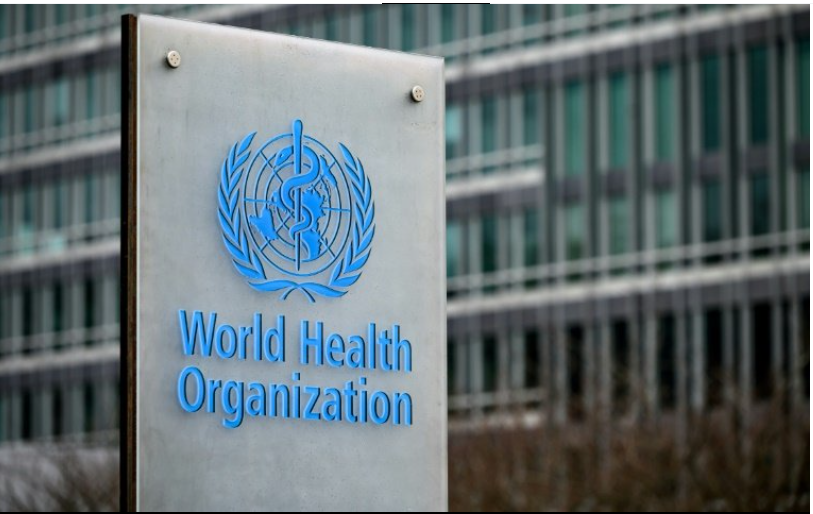 The African Union (AU) has voiced strong concern and dismay over the United States’ decision to withdraw from the World Health Organization (WHO), a move that threatens to undermine global health cooperation, particularly in the face of ongoing health crises across the continent. In a statement released on January 22, 2025, the AU called for a unified international response to health challenges, stressing the importance of collective action in addressing pandemics, infectious diseases, and health inequalities.
The African Union (AU) has voiced strong concern and dismay over the United States’ decision to withdraw from the World Health Organization (WHO), a move that threatens to undermine global health cooperation, particularly in the face of ongoing health crises across the continent. In a statement released on January 22, 2025, the AU called for a unified international response to health challenges, stressing the importance of collective action in addressing pandemics, infectious diseases, and health inequalities.
The US withdrawal from WHO, initially announced in 2020 and reaffirmed under the current administration, has sparked widespread backlash. African leaders, who have long depended on WHO support for essential health programs, expressed concern that the US decision would negatively impact efforts to combat diseases like malaria, tuberculosis, and HIV/AIDS, as well as the ongoing challenges posed by COVID-19.
“Africa stands united in its belief that health is a global public good and that no country, particularly the wealthiest nations, should retreat from the collaborative efforts needed to address the health needs of vulnerable populations worldwide,” said Moussa Faki Mahamat, Chairperson of the African Union Commission.
The AU’s statement emphasized the critical role of the WHO in coordinating international responses to health emergencies and providing technical and financial assistance to developing countries. WHO has been instrumental in supporting African countries in their fight against major health crises, from providing vaccines and medical supplies to offering expertise in epidemic control.
The African continent has benefitted immensely from WHO’s support, particularly in terms of capacity-building, health system strengthening, and direct interventions during health emergencies, said Dr. John Nkengasong, Director of the Africa Centres for Disease Control and Prevention (Africa CDC). The withdrawal of the US is a setback, but it is not an insurmountable one. Africa will continue to work with the WHO and our global partners to ensure that the health of our people remains a top priority.
The African Union also highlighted the growing disparity in health outcomes between rich and poor countries, stressing that the withdrawal of a major donor like the United States would deepen the divide. With much of the African population still without access to basic healthcare services, the AU warned that global health organizations could face significant funding gaps, putting millions at risk.
In response to the US move, the AU has called for stronger multilateral cooperation and urged other member states to contribute more to the WHO’s efforts. Several African leaders have also renewed their commitment to strengthening regional health initiatives, including the African Medicines Agency (AMA) and the Pan African Vaccines Initiative, to ensure that the continent is better prepared for future health crises.
The US withdrawal has also sparked a broader debate about the future of multilateral institutions, with critics arguing that isolationist policies could hinder global progress on critical issues like climate change, security, and public health. In the context of a rapidly changing world, where diseases can spread across borders in a matter of days, many believe that strong global institutions are necessary to ensure collective security and well-being.
The United Nations, which oversees WHO, has yet to respond to the AU’s concerns. However, the US decision to withdraw has already been met with disappointment from various international health experts and organizations, who warn that this could lead to long-term consequences for health initiatives worldwide.
As the world continues to face unprecedented health challenges, including the aftermath of the COVID-19 pandemic, the African Union’s appeal for solidarity and continued collaboration within global health institutions highlights the urgent need for a more inclusive, equitable approach to healthcare. For many in Africa, the US decision signals a worrying trend that may impact their ability to access essential medical resources and expertise in the years to come.

